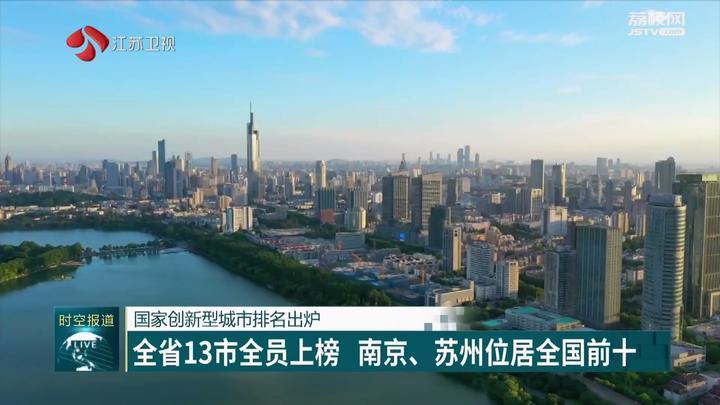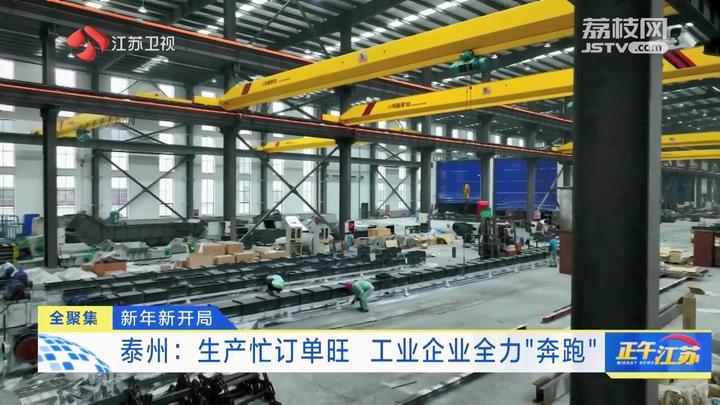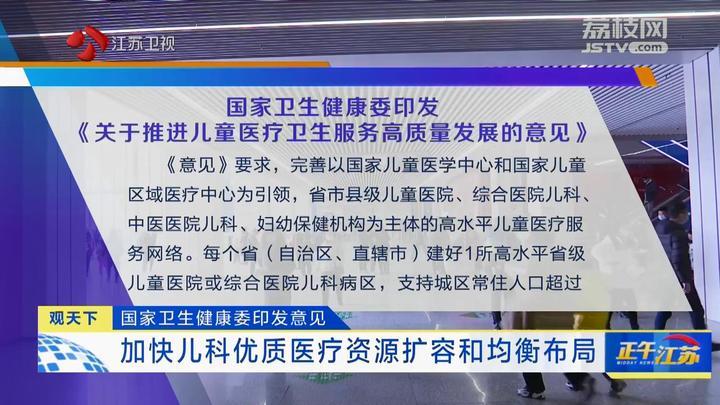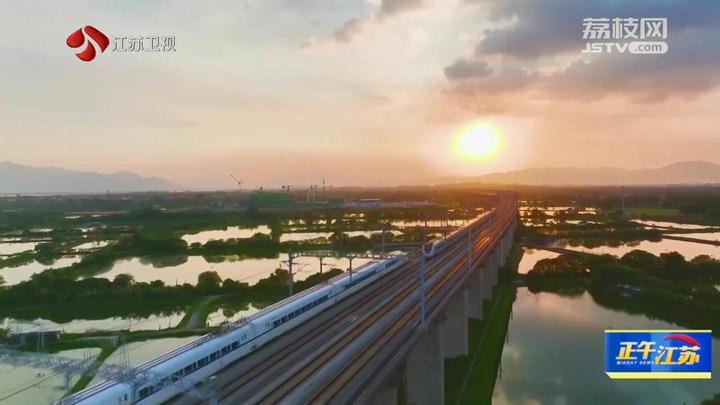Jiangsu promotes inheritance of intangible heritages
East China’s Jiangsu province has taken advantage of the evening hours to integrate excellent traditional Chinese culture into the practice of civilization in the new era by launching a series of meaningful and experiential practical activities that include intangible cultural heritage experiences, folk performances, and opera exhibitions. Let’s take a close look.
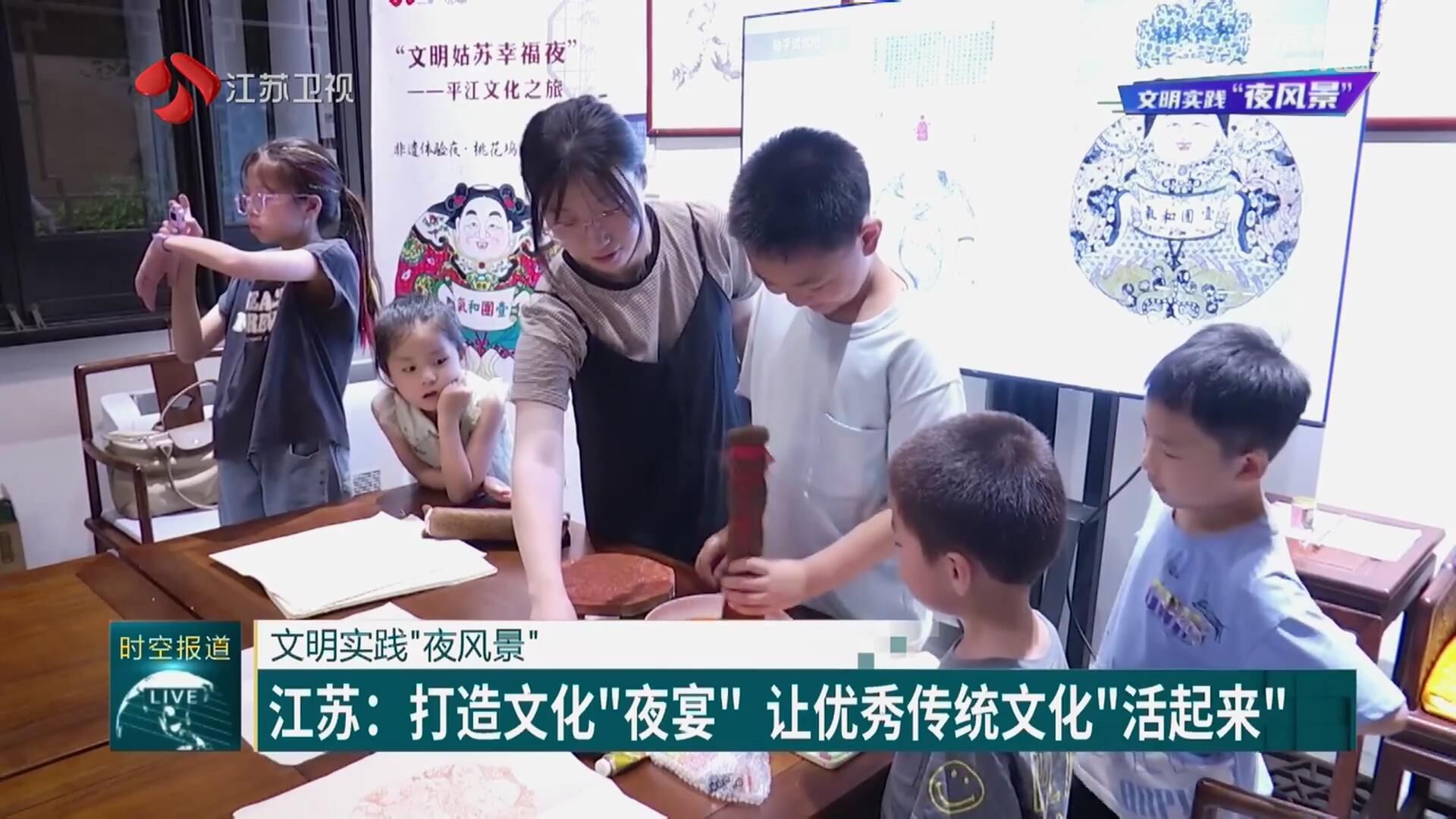
At 7 pm on Saturday evening, at No. 38 Daru Lane on Pingjiang Road in Suzhou, the lights were brightly lit. under the guidance of intangible cultural heritage teachers, tourists were experiencing the entire process of making Taohuawu woodblock New Year paintings.
With the progress of layer by layer overprinting, a woodblock New Year picture appeared on paper through color brushing, plate matching, and rubbing. Many children and their parents experience the magical charm of intangible cultural heritage skills through parent-child interaction.
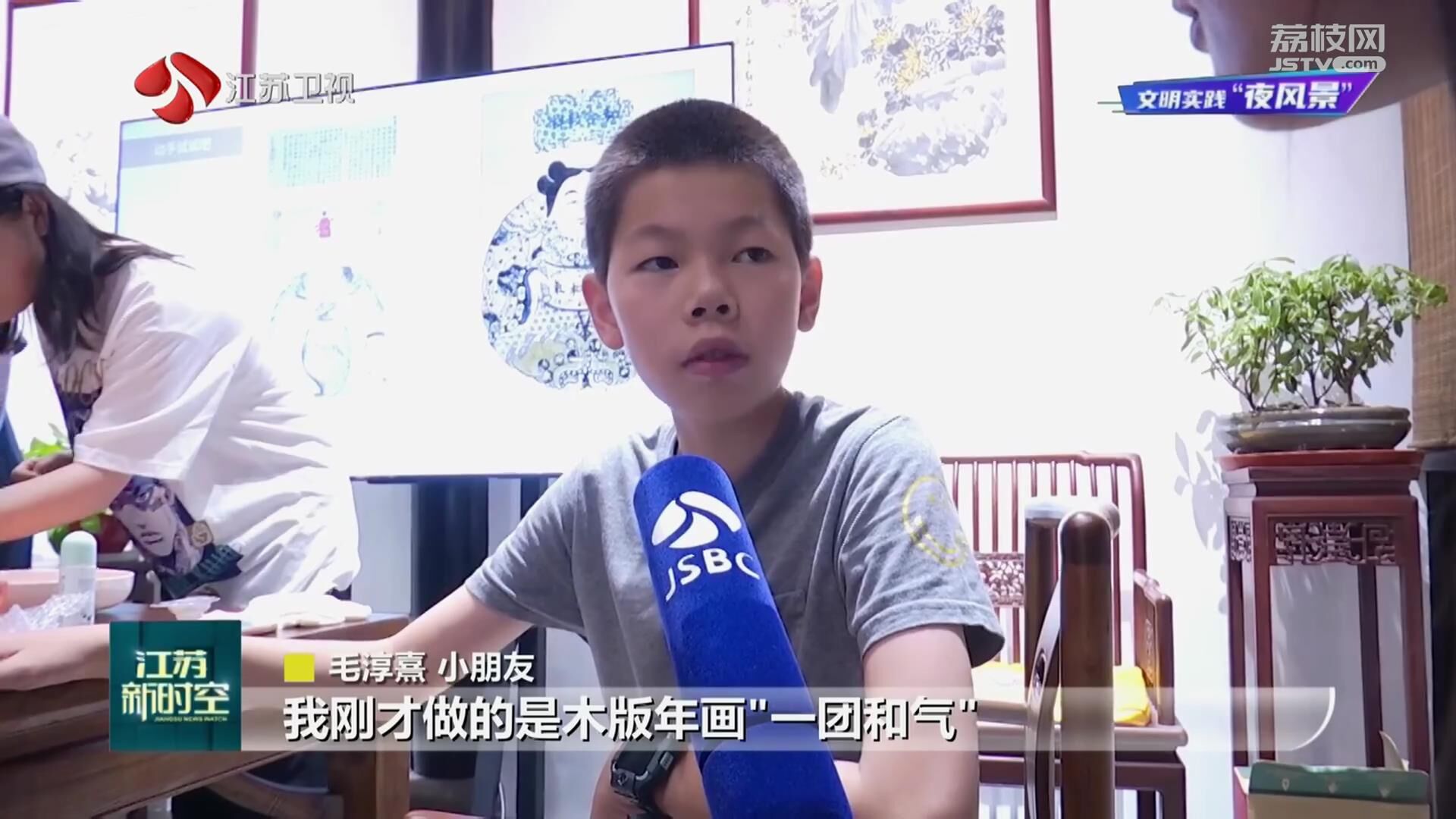
“What I just did was a woodblock New Year painting called ‘Harmony’, which combines men, women, and children, representing harmony and beauty. I used to see these New Year paintings, but I don't know how they were printed. Now I have truly experienced them, and it feels particularly interesting”, Mao Chunxi, a child, said.

Built during the Yuan Dynasty, No. 38 Daru Lane has been renovated and upgraded to become a public cultural center that has been open until 9 pm every night since July, providing free tea and other night time services for tourists and residents, and regularly organizing intangible cultural heritage exhibitions, and reading experiences so that people can experience the blend of tradition and modernity.
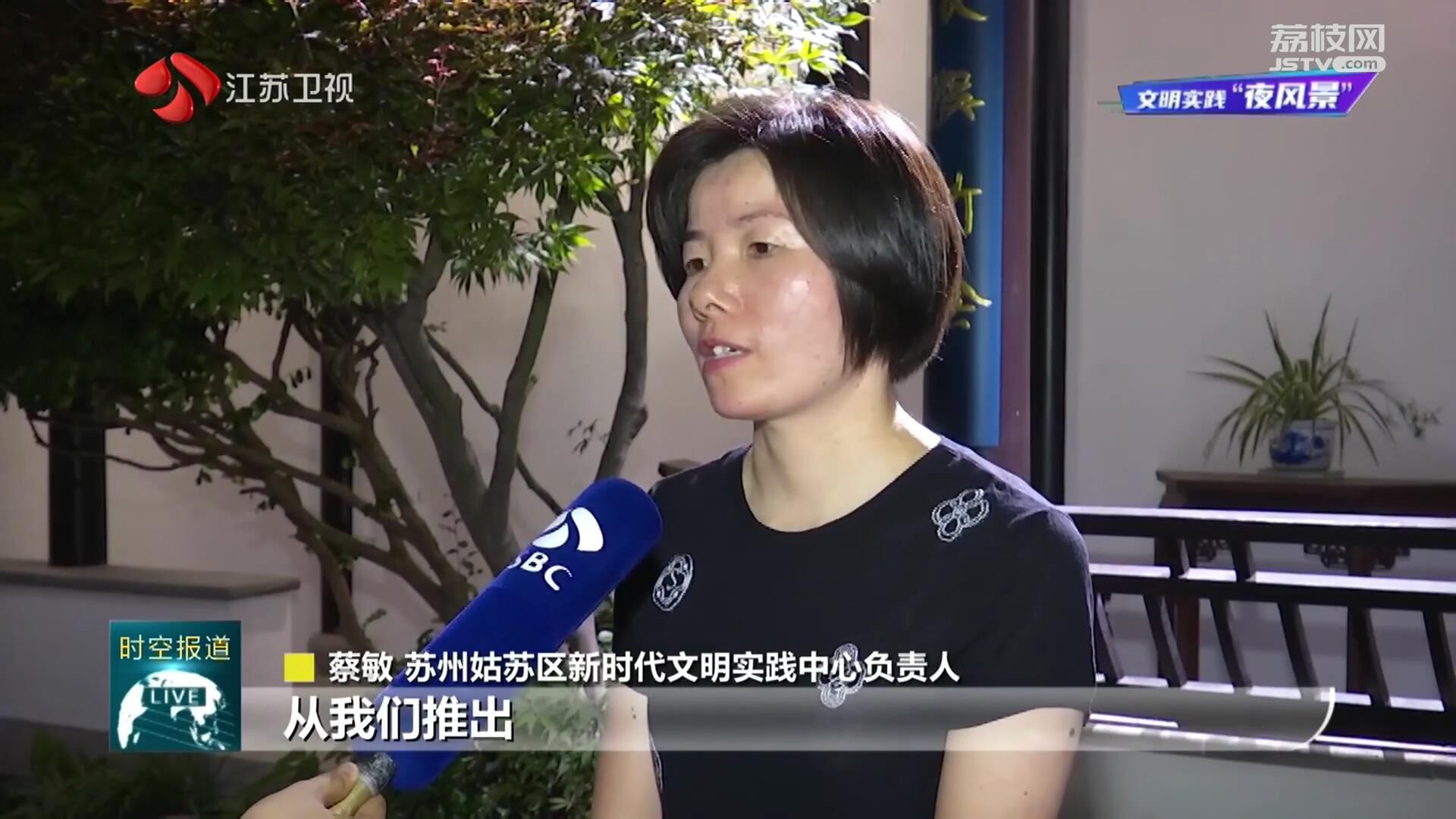
“Since we launched the night service model for the practice of civilization in the new era, approximately two to three hundred such activities have been carried out, with approximately thousands of people participating. We hope that through our series of services, more young people can inherit and promote the traditional culture”, Cai Min, Director of the New Era Civilization Practice Center in Gusu District, Suzhou, said.
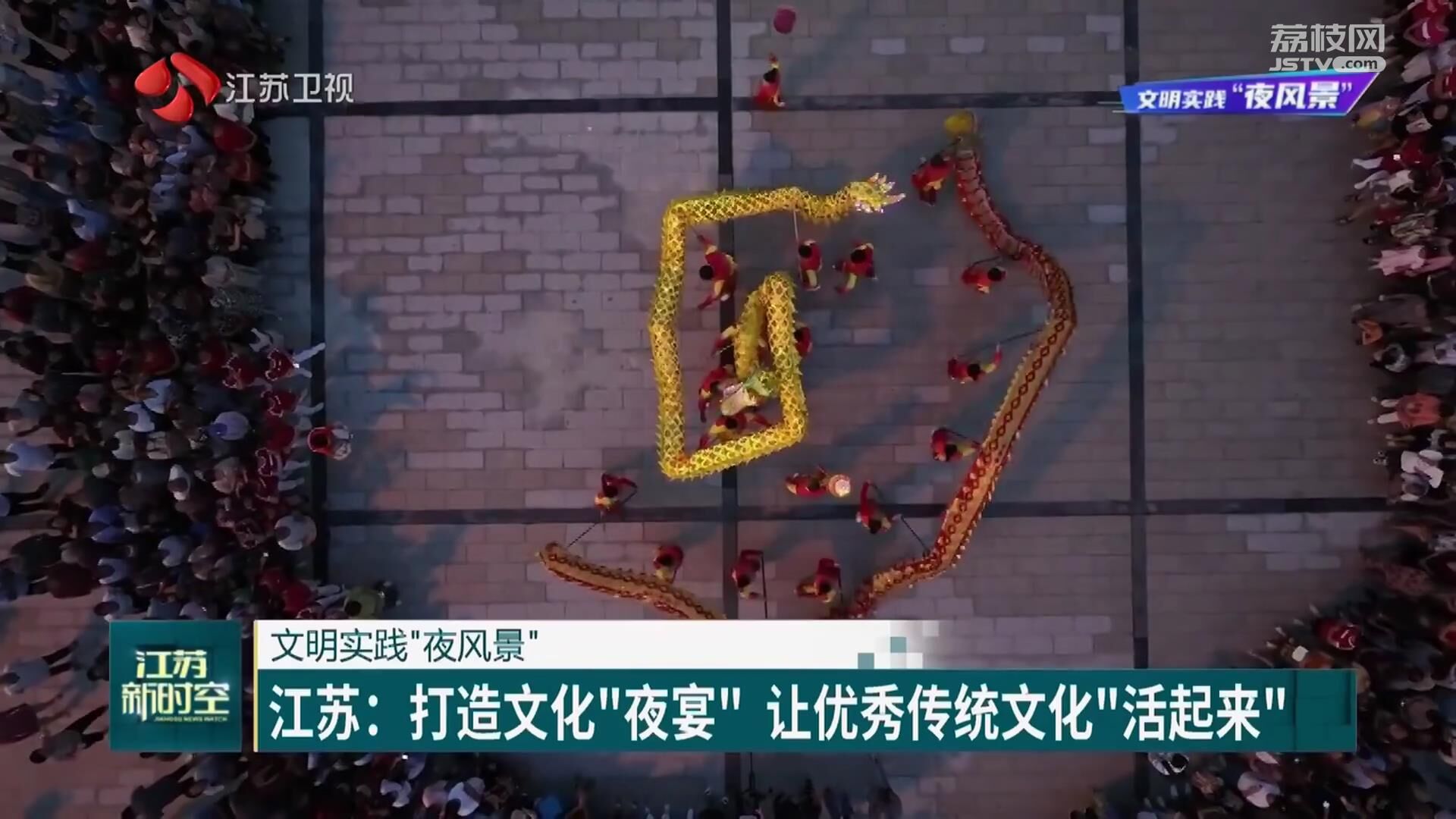
With a view to inheriting and promoting traditional culture, various new era civilization practice venues across the province have carried out rich and colorful activities by holding projects with unique shapes and innovative ideas so as to have organically integrated intangible cultural heritage culture with civilization practice.
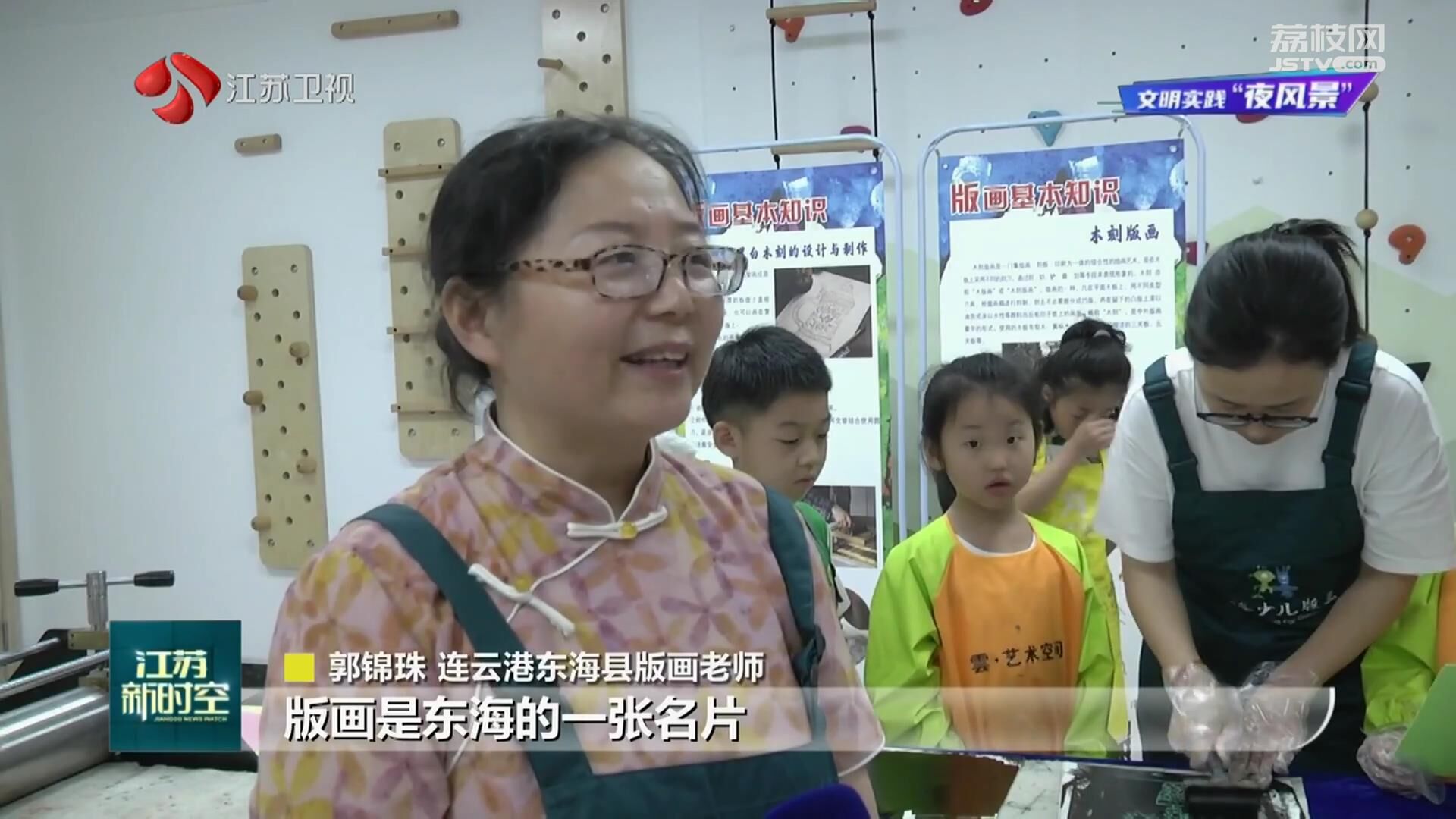
“Children's printmaking is a publicity promotion card for Donghai County. We use children's printmaking to participate in community activities, enriching children's cultural life at night, and allowing them to understand the printmaking in their hometown and love their hometown even more”, Guo Jinzhu, Printmaking teacher of Donghai County, Lianyungang, said.



